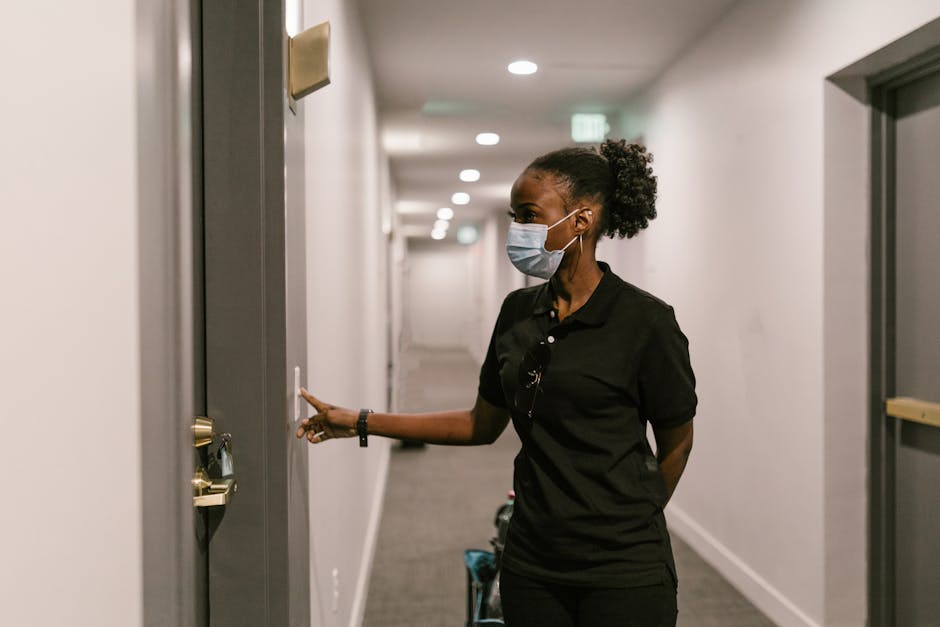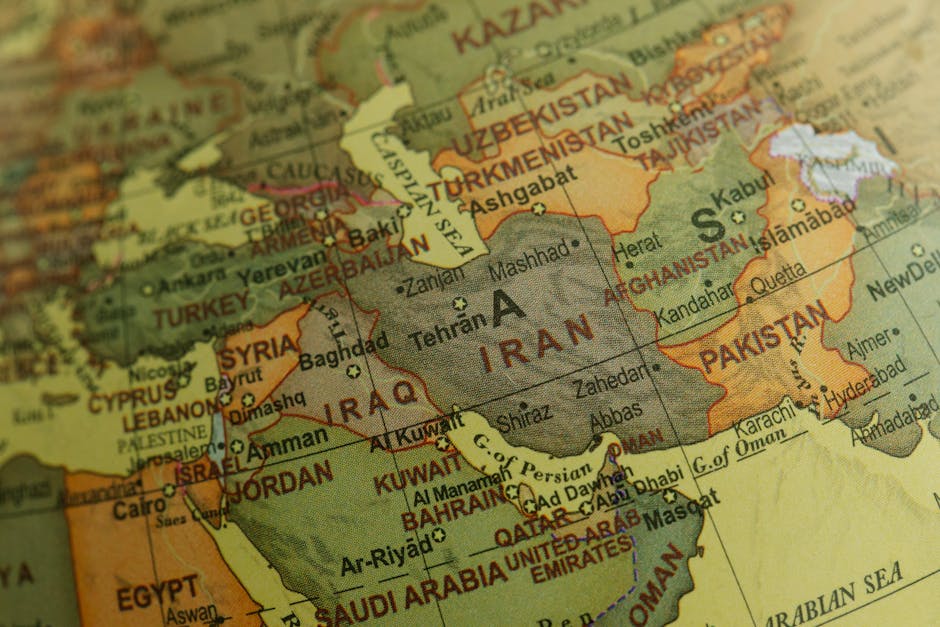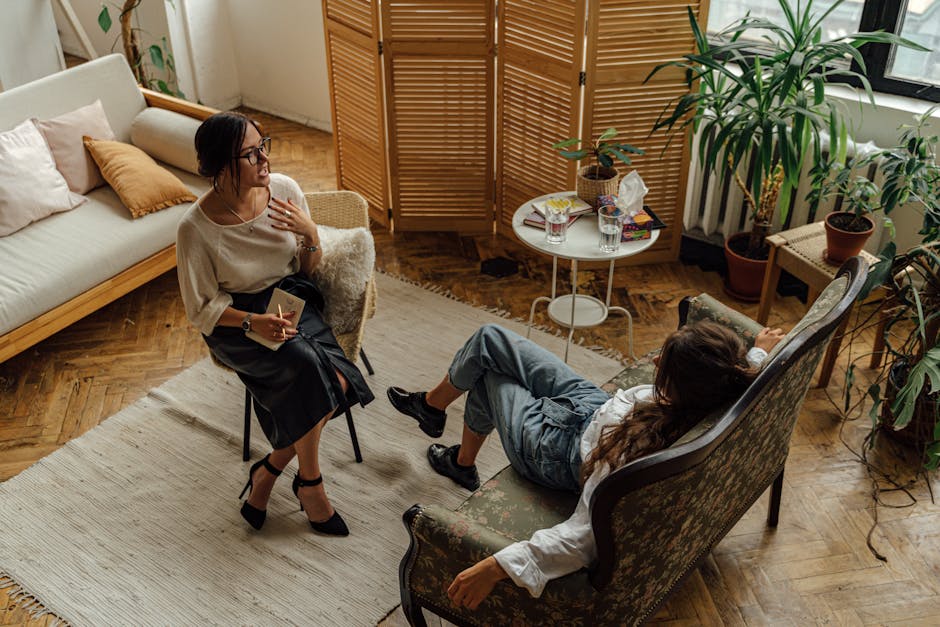France Boosts Louvre Security Ahead of Reopening
French President Emmanuel Macron has ordered heightened security at Paris’ Louvre Museum as it reopens to the public. The move follows rising global tensions and underscores France’s commitment to protecting its cultural landmarks and visitors.
Why the Louvre’s Reopening Matters
The Louvre—home to the Mona Lisa and Venus de Milo—is a cornerstone of global art and French identity. Its temporary closure due to security concerns left tourists and art lovers disappointed. Macron framed its reopening as a sign of resilience: “Our institutions must stay open, but never at security’s expense.”
New Security Measures at the Louvre
To ensure visitor safety, the French government is implementing:
– More armed patrols at entrances and high-traffic galleries.
– AI-powered surveillance for real-time crowd monitoring.
– Stricter bag checks, with bans on large backpacks.
– Undercover officers to identify potential threats.
These steps align with France’s post-2015 counterterrorism strategy. Officials also launched “Vigilance Ensemble,” a public awareness campaign urging citizens to stay alert.
Global Threats and Public Reaction
Macron’s decision reflects broader European security concerns, from terrorism to geopolitical instability. While many support the measures, critics like art historian Claire Dubois warn against excessive restrictions: “Security shouldn’t turn the Louvre into a fortress.”
Tourism and Economic Impact
As the world’s most-visited museum (10 million annual guests), the Louvre’s closure hit Paris’ economy hard. Tourism Minister Olivia Grégoire stressed balancing safety with accessibility: “Paris must remain a welcoming cultural capital.”
What’s Next for the Louvre?
The museum’s reopening tests Macron’s security strategy. Will added protections reassure visitors or create delays? Officials aim to prove France can safeguard its heritage without compromising its open spirit.
Key Takeaway: The Louvre’s revival isn’t just about art—it’s a defiant stand against threats to France’s way of life.




